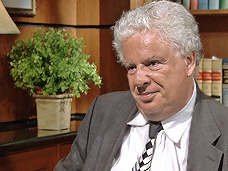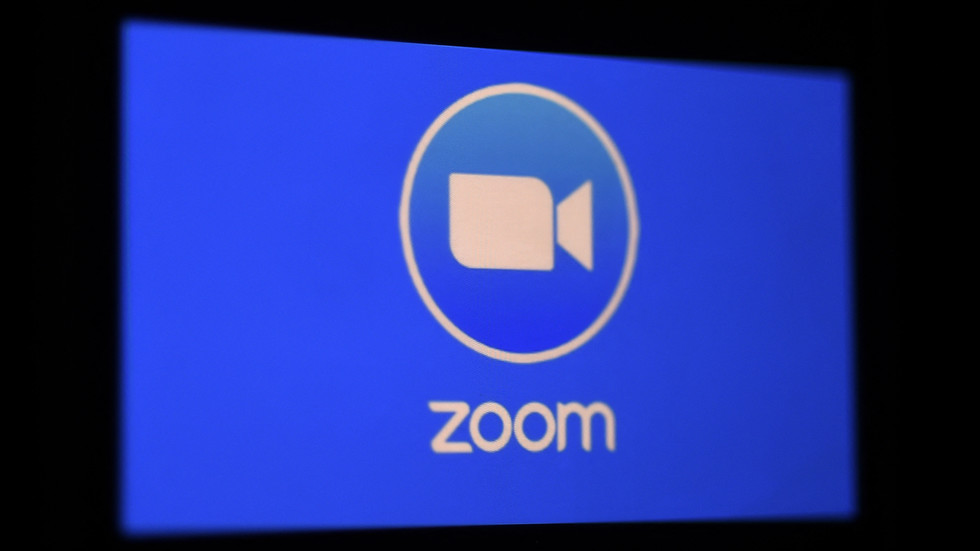
Martin Sieff
Martin Sieff is a senior fellow of the American University in Russia. He is a former chief foreign correspondent for The Washington Times.
"I don’t think it’s very productive to publically castigate foreign governments,” Burt told a meeting in Washington, DC organized by the Center on Global Interests (CGI) on March 12. "It just embarrasses and humiliates the other party and it is counter-productive.”
"A quiet strategy of working with foreign governments to reform in my judgment is far more effective than the public criticism that is so popular in Congress and indifferent parts of this town,” the ambassador said.
Burt reminded his audience that in the 1980’s, U.S. Secretary of State George Shultz "convinced (President) Ronald Reagan that we had to engage with the Soviet government.”
"The Magnitsky Bill was the price the Obama administration had to pay to get Jackson-Vanik lifted,” he said.
The 1974 Jackson-Vanik Amendment linked U.S. trade relations with countries that had non-market (originally nations in the Communist bloc) and made free trade with such countries conditional on them permitting freedom of emigration and other human rights. It remained in force for 20 years after the disintegration of the Soviet Union (its primary target) and was only repealed on Dec. 14, 2012, the same day that President Obama signed the Magnitsky Bill into law.
Ambassador Burt predicted that the signing into law of the Magnitsky Bill would set off a negative and destructive cycle of tit-for-tat legislation and actions by the governments and parliaments of the United States and Russia against each other.
"There is going to be a spiral of response and counter-response,” Burt said.
"Eventually, someone is going to have to play the role of rat-killer. Someone is going to have to come in and clean out the debris,” he predicted.
Burt also warned that the passage of the Magnitsky Bill would be of no material benefit to the promotion of democracy or the defense of human rights. "That kind of legislation is not going to improve human rights in Russia,” he said.
Burt also warned that the governments and political elites in both Washington and Moscow still had to go through a major process of readjusting to the very different realities of the new, more complex and multi-polar world that was now emerging "We are going through a fundamental international transformation,” he said.
"I’m an equal critic of Russia and the United States,” Burt said. "The Russian problem has been transitioning from the Cold War. The U.S. problem has been transitioning from the post-Cold War (period).”
In the coming years, "Power is going to be more diffused – both among countries and within countries,” the envoy said. "Inter-state conflict hasn’t disappeared (but) intra-state conflict has become a major concern.”
The complex problems of the new world demanded an increased level of international cooperation from all major nations, but among these, the United States and Russia shared the characteristic of being the most reluctant to accept this for fear of compromising their sovereignty, he said "We are probably the two large powers least likely to transfer power to multilateral organizations,” he said.
Burt also warned that U.S.-Russia bilateral ties suffered from the fact that far fewer individuals in Moscow and Washington recognized their continuing importance than was the case decades ago.
"There are very few people who are materially interested (in the Russian-American bilateral relationship),” he said. "We need more exchange in people and culture for overcoming the stereotypes (on both sides). And sometimes they are very, very prominent in decision-making.”
Ambassador Burt served in the Reagan administration as Assistant Secretary of State for European and Canadian Affairs and then as U.S. Ambassador to Germany from 1985 to 1989. Under President George H.W. Bush, he served as chief U.S. Negotiator in the Strategic Arms Reduction Talks with the Soviet Union.
Burt is currently managing director for Europe, Russia and Eurasia at McLarty Associates. He is also a Senior Adviser to the Center for Strategic and International Studies in Washington, DC, a member of the Council on Foreign Relations and a member of the executive board of the Atlantic Council. He is also the U.S. Chair for Year Zero, an international campaign seeking the long-term elimination of nuclear weapons.
The CGI is a private, non-profit research institution based in Washington. It states its aim is "to bring new, unconventional thinking on global affairs, fresh analysis on relations between modern world powers, particularly the US and Russia.”



_jpg/250px-ElbeDay1945_(NARA_ww2-121).jpg)









